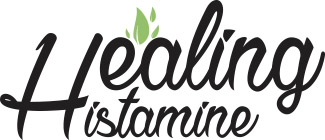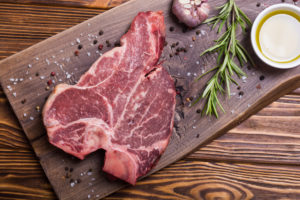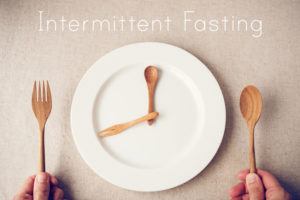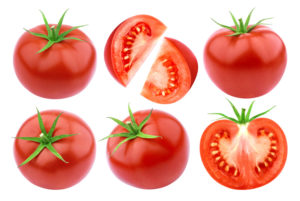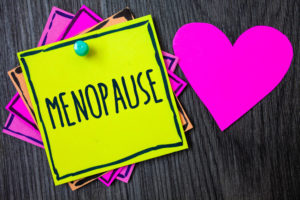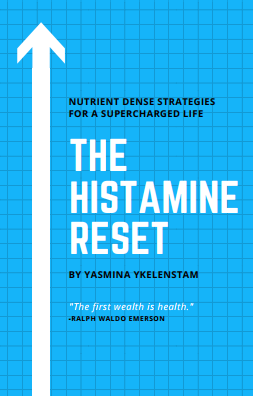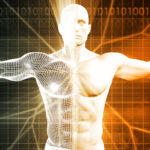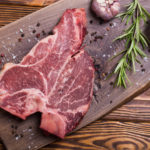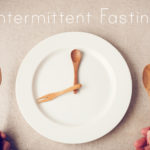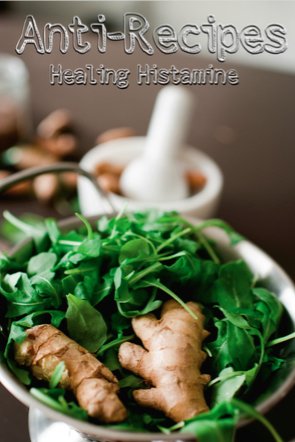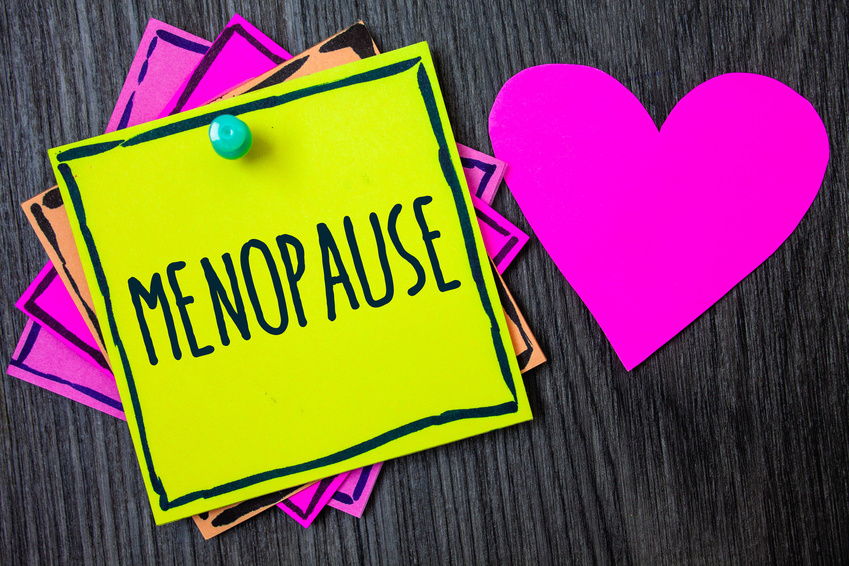
Many women go their entire lives without seasonal allergies and then all of a sudden develop them during menopause. What gives? It turns out, there’s a strong hormone connection with histamine, and the onset of menopause can set off histamine intolerance and related symptoms and conditions. This has become an epidemic, and the UK’s Daily Mail reports that by the year 2030 over 30 million British citizens may suffer from allergies. Can anything be done? Absolutely.
DAILY MAIL REPORTS MENOPAUSE ALLERGIES ARE INCREASING
A story published in a July 2018 edition of the Daily Mail reported that in just 12 years, the UK’s number of allergy sufferers will go up by 12 million — from 8 million today to 30 million in 2030. The reason? It’s partly the aging population. There seems be a correlation between the onset of menopause and the onset of allergy-related symptoms. While studies on this connection at this point in time are few and far between, there are enough anecdotal examples to warrant further research. Even the Daily Mail story mentions specific women who developed hay fever, asthma, food allergies, and reactions to penicillin when they hit menopause.
THE ESTROGEN CONNECTION
There’s a good reason why women overall tend to suffer more from histamine related issues: Estrogen. Estrogen can actually stimulate mast cells to make histamine, while at the same time reducing diamine oxidase (DAO), the enzyme that helps break down histamine. The presence of histamine then promotes the release of luteinising hormones. And the luteinising hormone causes a gradual increase in estrogen. This vicious cycle can go on and on, leading to endless symptoms and diagnoses.
Allergies and other sensitivities can obviously also increase when supplementing with estrogen, for example, during hormone replacement therapy (HRT). This can be another contributing factor in women having more allergies and histamine-related problems after hitting menopause. A situation of estrogen dominance can occur during menopause because progesterone is lower than estrogen. As we age, women don’t make more estrogen, we make less, but progesterone goes down much faster than estrogen does, which leads to estrogen dominance.
There’s also a link between histamine and asthma, thanks to mast cells. According to at least one study, postmenopausal women on hormone replacement therapy had an increased risk of new-onset asthma (meaning for the first time). Estrogen (particularly the more aggressive form, estradiol) and progesterone have both been shown to cause mast cell maturation and degranulation (the process by which histamine and other inflammatory mediators are released into the bloodstream). So, of course, the tricky part is balancing your hormones to prevent excess histamine and inflammation.
NUTRITION CAN HELP AS YOU MOVE INTO MENOPAUSE
A nutrient-dense, anti-histamine and anti-inflammatory diet can go a long way in preventing things from getting out of hand. And don’t wait until menopause to start. However, if you’re already in the midst of it, know that diet and lifestyle changes can certainly help. Some low- or anti-histamine foods can help with hormone balance. Some key foods include cruciferous vegetables like broccoli, kale, cabbage, and cauliflower. These foods are rich in a compound called indole-3-carbinol, which supports hormone balance and healthy estrogen metabolism. They’re also high in vitamin C, which helps balance histamine.
Chickpeas are not only able to help balance estrogen levels by providing beneficial phytoestrogens (promoting protective estrogens rather than aggressive estrogens) but are also a great source of plant-based diamine oxidase (DAO), the histamine degrading enzyme. In fact, research has found that DAO from pea seedlings shows higher activity than the more commonly supplemented porcine kidney diamine oxidase (PKAO).
Pomegranate is another hormone balancing food that also happens to be a mast cell-stabiliser. As far as hormones go, pomegranate is a natural aromatase inhibitor and has therefore been shown to prevent the conversion of androgen hormones to the aggressive form of estrogen, estradiol.
Fennel has been shown to help reduce the physical symptoms of menopause while also acting as an anti-inflammatory, antihistamine, analgesic and antioxidant food. I use it as part of my juice recipes, mentioned on this post.
NEED HELP NAVIGATING THE FOOD JUNGLE?
“A goal without a plan is just a wish,” says Antoine de Saint-Exupéry. If you want to avoid a lot of the histamine menopause misery, it’s good to make a plan for healthier living. And so much of healthier living has to do with what we put into our mouths every day. The trouble is, sometimes with histamine problems we react to “healthy foods.” It can be really frustrating if you don’t have a plan to follow. That’s why I’ve put together a step-by-step healing histamine plan with a quick start guide. Check it out here.
———REFERENCES———
Bonds, R. S., & Midoro-Horiuti, T. (2013). Estrogen effects in allergy and asthma. Current Opinion in Allergy and Clinical Immunology, 13(1), 92-99. http://www.ncbi.nlm.nih.gov/pmc/articles/PMC3537328/
Golzareh, P., Rahimi, R., Rahimikian, F., Bekhradi, R., Mehran, A. (2017). The effect of fennel oral capsules on physical symptoms caused by menopause in women. The Iranian Journal of Obstetrics, Gynecology and Infertility, 20(9), 41-48. doi: 10.22038/ijogi.2017.9954
Ma, H., Wang, J., Qi, H., Gao, Y., Pang, L., Yang, Y., … Aisa, H. A. (2013). Assessment of the estrogenic activities of chickpea (Cicer arietinum L) sprout isoflavone extract in ovariectomized rats. Acta Pharmacologica Sinica, 34(3), 380–386. http://doi.org/10.1038/aps.2012.160
Rasheed, Z., et al (2009). “Polyphenol-rich pomegranate fruit extract (POMx) suppresses PMACI-induced expression of pro-inflammatory cytokines by inhibiting the activation of MAP Kinases and NF-B in human KU812 cells.” Journal on Inflammation, 6:1. Retrieved from: http://www.biomedcentral.com/content/pdf/1476-9255-6-1.pdf
Wu, W. H., Liu, L.Y., Chung, C. J., Jou, H.J., Wang, T. A. (2005). Estrogenic effect of yam ingestion in healthy postmenopausal women. Journal of the American College of Nutrition. 24(4):235-43. Retrieved from: https://www.ncbi.nlm.nih.gov/pubmed/16093400
Zierau, O., Zenclussen, A. C., & Jensen, F. (2012). Role of sex hormones, estradiol and progesterone, in mast cell behavior. Frontiers in Immunology, 3(169). http://www.ncbi.nlm.nih.gov/pmc/articles/PMC3377947/
http://www.dailymail.co.uk/femail/article-5992159/Experts-report-rise-women-developing-hay-feve-asthma-food-intolerance-middle-age.html
